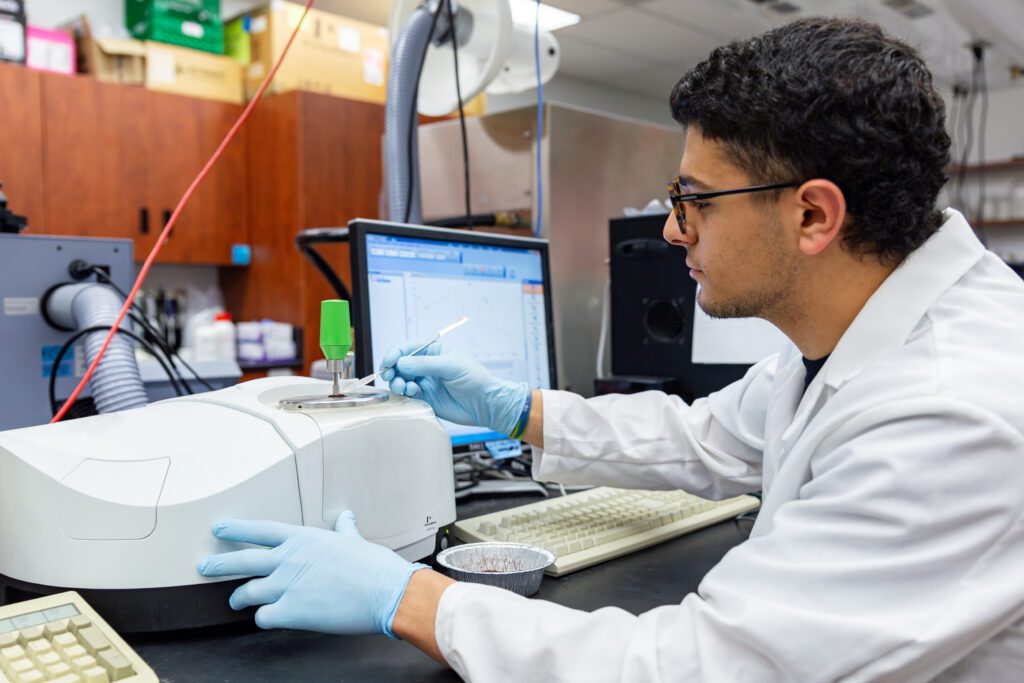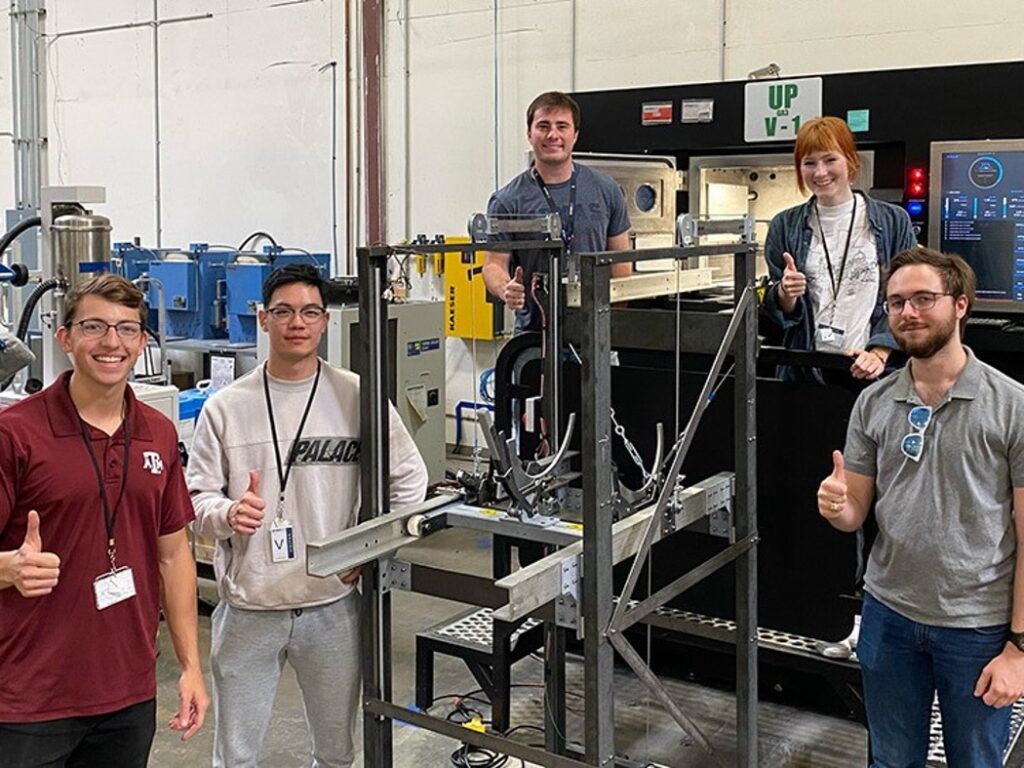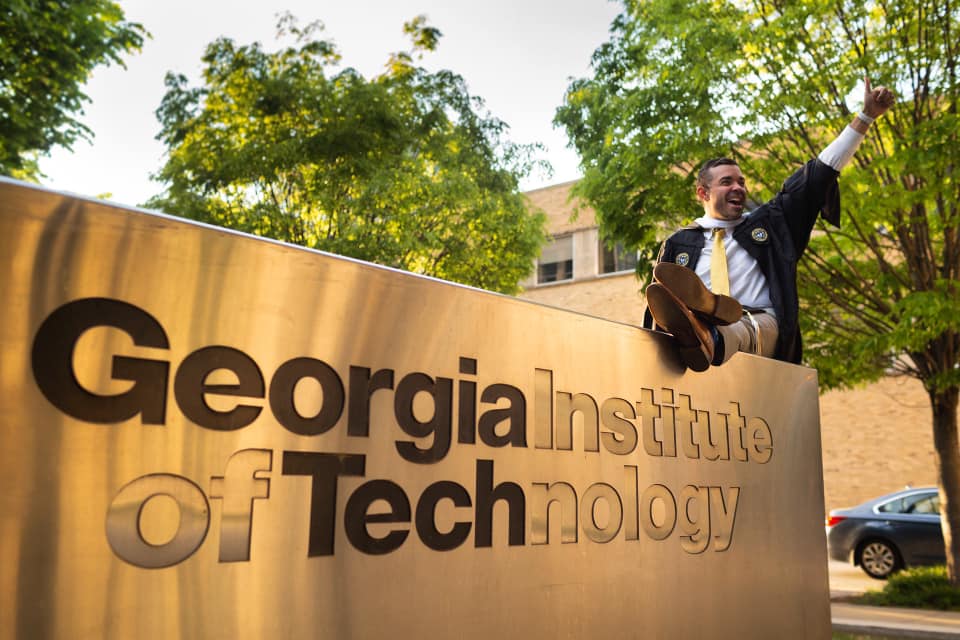
Engineering drives every technical function in society, yet talent is in short supply. Just take a look at the US. About 141,000 engineers graduate from university per year, yet that number is only enough to fill about 15% of vacant jobs, leaving behind an 85% (825,000) employee deficit. A survey of over 10,000 employers in the Asia Pacific region revealed that nearly four in five are struggling to find skilled talent, with the fields of information technology and data, engineering, and sales and marketing proving the most challenging to bridge.
There are many reasons for this, a primary one being the rapid development of technology. Many businesses seek engineers who are up-to-date and skilled with emerging technologies and trends in artificial intelligence, machine learning, cybersecurity, cloud computing, and the Internet of Things. Speedy cycles of technological advancement often mean that university curricula are one step behind in covering what the industry needs.
Without engineers, society cannot operate. We will lose more than just our phones, cars, and air-conditioning. We will lack safe drinking water, stable highways and roads, effective medical treatment, aeroplanes for trade and travel, and more. That’s why these four engineering schools are aiming to shape the future of innovative leaders who will create a better, improved world.

Located just an hour away from Toronto, the University of Guelph is updating its catalogue to ensure engineering students have the tools to succeed. Source: University of Guelph
University of Guelph
In the small city of Guelph — just an hour’s drive away from Toronto, Canada and the Pearson International Airport — a university is making leaps in engineering. With new funding for its renowned facilities, the University of Guelph (U of G) is expanding its global impact while growing innovative engineering programmes. U of G engineering researchers are also breaking new ground, from AI and robotic systems in agriculture to digital tools that improve accessibility for all.
These are just a few of the groundbreaking developments from University of Guelph engineering. If you aim to follow in their footsteps, Guelph’s College of Engineering faculty, is an excellent place to deepen your technical skills, engage in innovative research, and become a leader in the field. Its dynamic and supportive learning environment makes for one of Canada’s 2025 best schools for engineering degrees, according to the Times Higher Education.
There’s plenty in store for aspiring students. U of G’s engineering college offers a Master of Engineering (M.Eng.), Master of Applied Science (M.A.Sc.), and PhD in Engineering. The M.Eng. allows you to customise your curriculum by choosing one of eight disciplines available, with access to cutting-edge software and research equipment to bring your ideas to life in complex systems. With award-winning faculty members guiding you through a flexible curriculum across every programme, the flexible and hands-on approach is designed to prepare graduates for entry to the North American job market.
Earlier this year, U of G introduced two new programmes: an undergraduate major in mechatronics and the Master of Engineering Management (MEM) degree. The MEM is a 16-month programme designed to equip you with the skills required for a job market that values business leadership and project management as much as it does technical expertise. It’s team-focused, collaborative, and interdisciplinary, allowing you to get hands-on with research topics in the Capstone course, where you’ll present solutions for a case study simulation to faculty and industry professionals.
The fall of 2026 will also see the launch of two new majors — civil and electrical engineering — reflecting the university’s engineering growth while building momentum on the success of its existing programmes. The University of Guelph is where your road to making a lifelong impact begins.

Texas A&M University’s students, faculty, and alumni are shaping the world through technologies developed in their research programmes. Source: Texas A&M University/Facebook
Texas A&M University
As the state’s first public institution of higher learning, Texas A&M University is a research-intensive institution in the heart of the Houston-Dallas-Austin triangle. Over 71,000 students pursue an education here, and for good reasons: affordable tuition fees, excellent campus life, valuable education and some of the best faculties in the world. The best part? The university strives to continuously improve in all kinds of ways.
Step into its College of Engineering, and you’ll discover that the sentiment is especially true. With more than 22,500 students enrolled in 15 departments, the College of Engineering is the largest college on campus and is consistently ranked by US News & World Report among the nation’s top public undergraduate and graduate engineering programmes.
The college offers several graduate programmes (MS, MEng, and PhD) across multiple departments, including biomedical engineering, electrical and computer engineering, mechanical engineering, and more. For instance, the Department of Biomedical Engineering fosters future healthcare leaders by focusing on groundbreaking research in areas like imaging technologies, medical devices, and regenerative medicine. Collaborations with renowned institutions and experts pave the way for revolutionary advancements in healthcare.
For those passionate about electronics and computing, the Department of Electrical and Computer Engineering offers many options, from analogue and mixed-signal to photonics and nano-engineering. Programmes are supported by state-of-the-art laboratories and powerful computing facilities. Research opportunities abound, spanning telecommunications, solid-state electronics, and computer vision, preparing graduates for impactful careers.
Over at the Department of Mechanical Engineering, students are mastering the tools to tackle complex mechanical challenges in active research facilities for fields like robotics, artificial intelligence, and advanced manufacturing. Programmes make good use of these facilities, taking a hands-on approach that equips students with plenty of experiences before graduating.

Washington University in St. Louis is home to seven departments, including the Sever Institute, which offers professional programmes. Source: WashU/Facebook
Washington University in St. Louis
What if artificial intelligence could create plastic containers, packaging, carbon fibre composite bikes, and knee implants that can all be recycled in a single processing stream, and turned into new materials? What if the sensors and cameras of self-driving cars can be powered through light, instead of a computer processor?
At Washington University in St. Louis (WashU), these are the questions that engineers are aiming to answer. In 2023 alone, the McKelvey School of Engineering achieved US$57 million in research awards — a testament to its dedication to making a difference through innovation. Their undergraduate programmes are nationally-ranked, allowing students to prepare for their careers through a wide range of real-world projects and interdisciplinary connections.
McKelvey offers a wide range of programmes across seven departments: Biomedical Engineering, Computer Science & Engineering, Division of Engineering Education, Electrical & Systems Engineering, Energy, Environmental & Chemical Engineering, Mechanical Engineering & Materials Science, and the Sever Institute.
So whether you’re looking to engineer life-saving cures and revolutionise the healthcare sector or find solutions to the energy and environmental challenges plaguing the world, you will be on a path of success through the support of award-winning faculty. The Sever Institute also offers programmes like the full-time Master of Engineering Management (MEM) and the Master of Information Systems Management (MISM) if you’re a seasoned professional who seeks an upskill or career advancement into a leadership position.

Research is at the centre of Georgia Institute of Technology’s College of Engineering, and it’s making a difference, one day at a time. Source: Georgia Institute of Technology/Facebook
Georgia Institute of Technology
At Georgia Institute of Technology‘s College of Engineering, research is the “lifeblood” of their education. The college conducts US$312 million in research yearly, finding unique solutions to real problems. Its civil engineers created an AI-enabled camera system to prevent drowning in the Chattahoochee River in Columbus, Georgia. Its biomedical engineers developed 3D heart simulations for surgeons to refine their plan before they operate and save lives, even in the highest-risk cases — and this is only scratching the surface of their full list of projects.
If you’re looking to learn from the leaders in engineering, science, and technology, Georgia Tech is the right place. The College of Engineering’s programmes are centred on real-world experiences and research innovation, with over 50 degree tracks offered at the bachelor’s, master’s, and doctoral levels. Located in the heart of Atlanta, opportunities are vast — the college has awarded more engineering degrees to women compared to other US institutions, and remains a leader in degrees awarded to underrepresented minorities.
Each curriculum is designed with the technical expertise and leadership skills necessary to advance your career. If you’re a graduate aiming to pursue your further studies, Georgia Tech offers 23 master’s and 18 doctoral programmes to choose from, with access to financial aid and fellowship opportunities. While you’ve got traditional options like aerospace, biomedical, and mechanical engineering, you can also select an interdisciplinary programme in fields like bioengineering, machine learning, and robotics, which are ranked among the best in the US.
*Some of the institutions featured in this article are commercial partners of Study International







